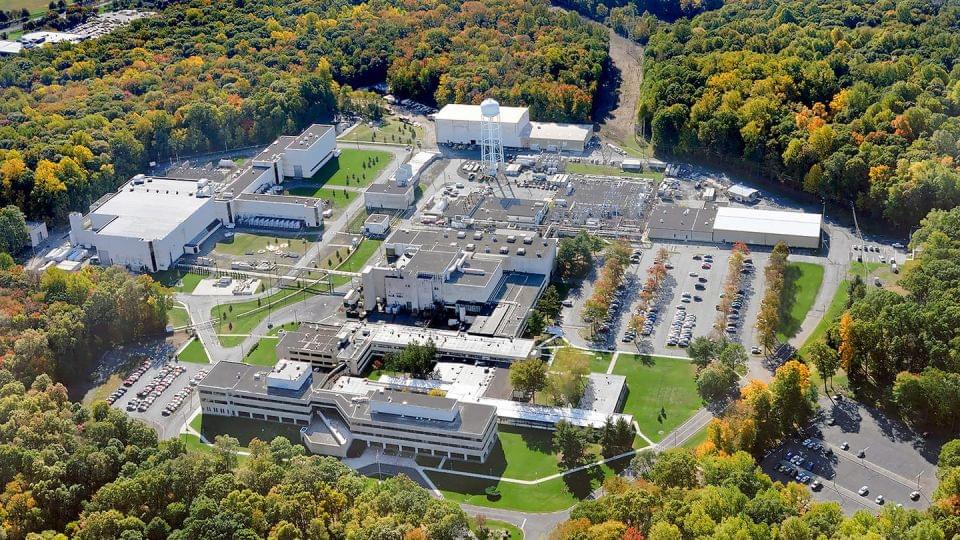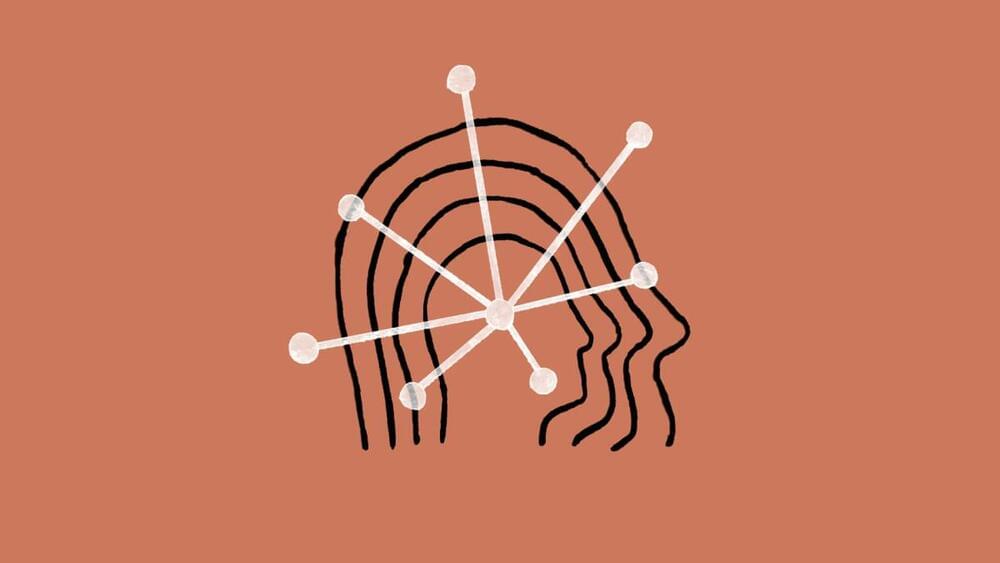Mar 9, 2024
AI can predict and prevent fusion plasma instabilities in milliseconds
Posted by Dan Kummer in categories: physics, robotics/AI
A team of engineers, physicists, and data scientists from Princeton University and the Princeton Plasma Physics Laboratory (PPPL) have used artificial intelligence (AI) to predict—and then avoid—the formation of a specific type of plasma instability in magnetic confinement fusion tokamaks. The researchers built and trained a model using past experimental data from operations at the DIII-D National Fusion Facility in San Diego, Calif., before proving through real-time experiments that their model could forecast so-called tearing mode instabilities up to 300 milliseconds in advance—enough time for an AI controller to adjust operating parameters and avoid a tear in the plasma that could potentially end the fusion reaction.

















